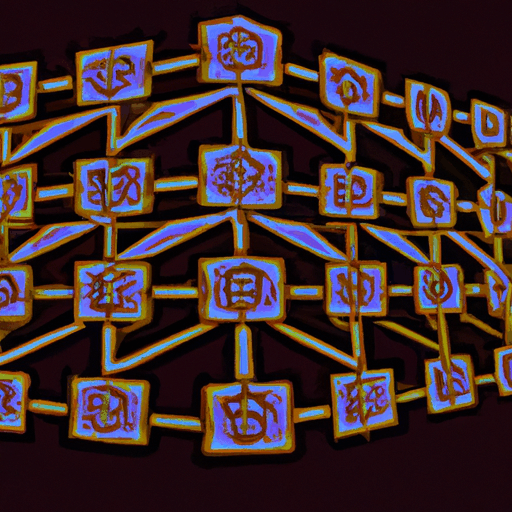
Western Union Partners With Solana for USDPT Stablecoin Launch
By: Isha Das
Western Union has announced its strategic decision to partner with Solana for the development of its new stablecoin settlement system, branded as the US Dollar Payment Token (USDPT). This initiative, expected to be operational in the first half of 2026, aims to revolutionize the remittance industry by enabling transactions over the Solana blockchain. The system will be developed in collaboration with Anchorage Digital Bank, serving as both the issuer and custodian, ensuring the infrastructure falls under federally regulated compliance.
This move marks a significant shift from traditional money transfer methods, leveraging Solana's technology to handle transactions swiftly and at low costs. Solana's capability to process transactions in under a second with minimal fees is anticipated to make micro-remittances more economically viable compared to Ethereum’s variable gas costs. Western Union plans to embed Solana into its branded products, which will allow users to send USDPT from their wallets and receive cash in local currency at over 600,000 agent locations globally.
Western Union's model contrasts with that of other financial titans like Visa and Stripe, who built open platforms for stablecoin transactions across multiple blockchains. While Visa and Stripe continue to expand in multichain support and seamless integration of stablecoins into existing payment interfaces, Western Union opts for a single-chain strategy, simplifying integration but increasing dependency on Solana's ecosystem. The firm believes that a more concentrated vertical integration can overcome existing adoption barriers and provide a stable yet compliant platform for mainstream usage.
Despite the promising prospects, Western Union faces several challenges, including the necessity to educate its consumer base on stablecoin usage, ensuring global regulatory compliance, and competing against other emerging fintech services and traditional operators. Success will largely depend on whether Western Union can persuade its existing 100 million customers to adopt on-chain payments through its Digital Asset Network, while also meeting international compliance demands.



